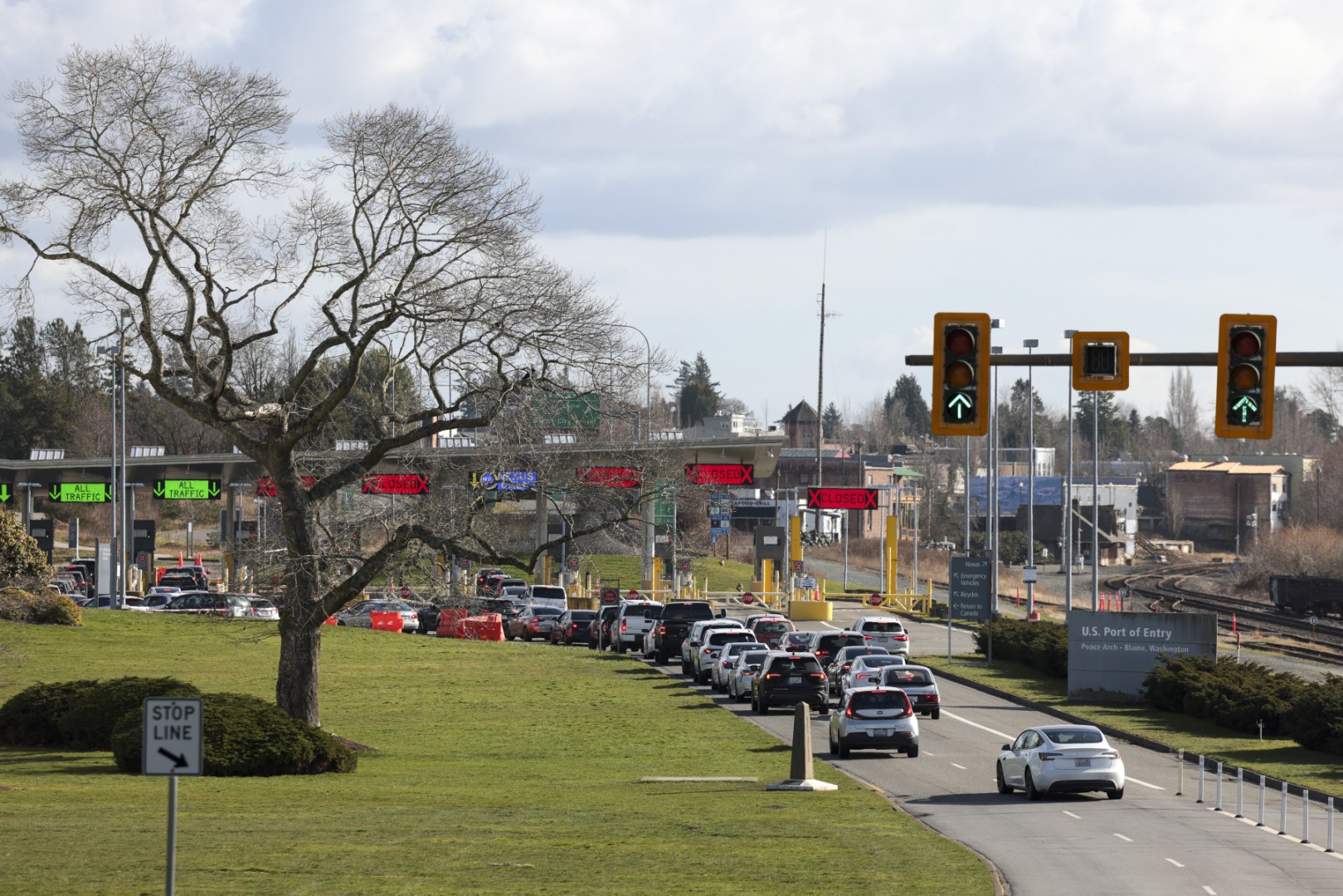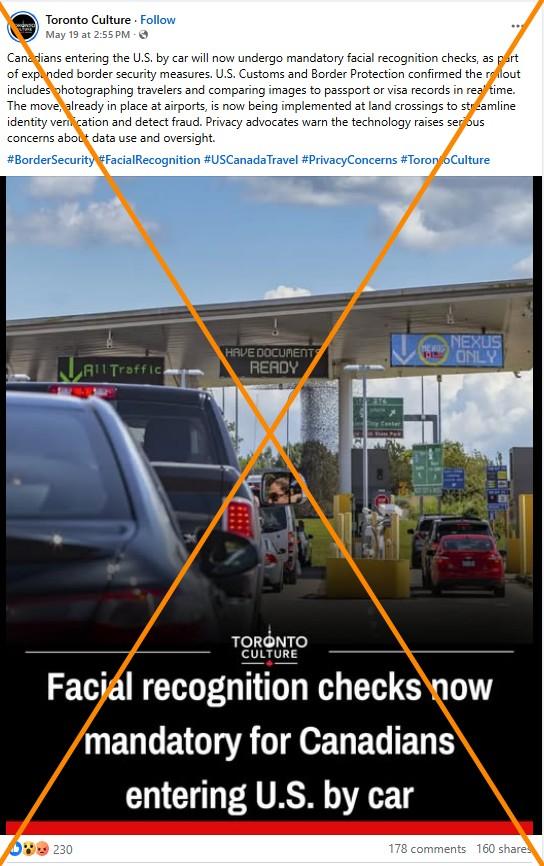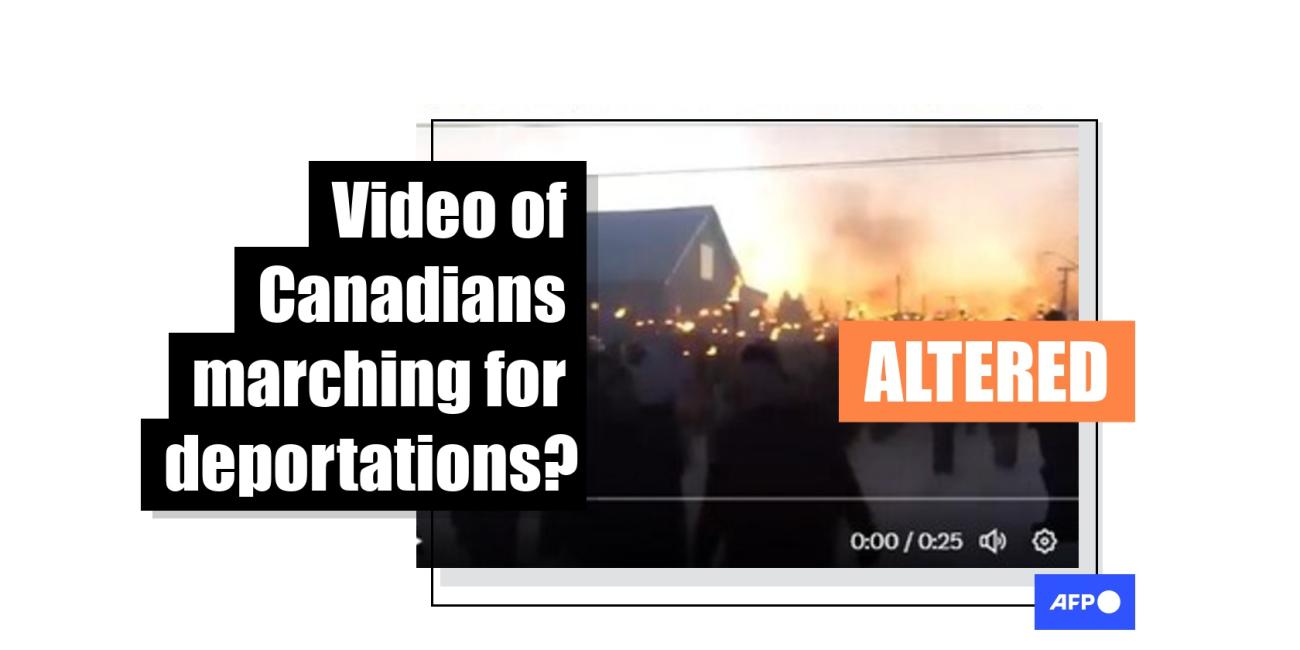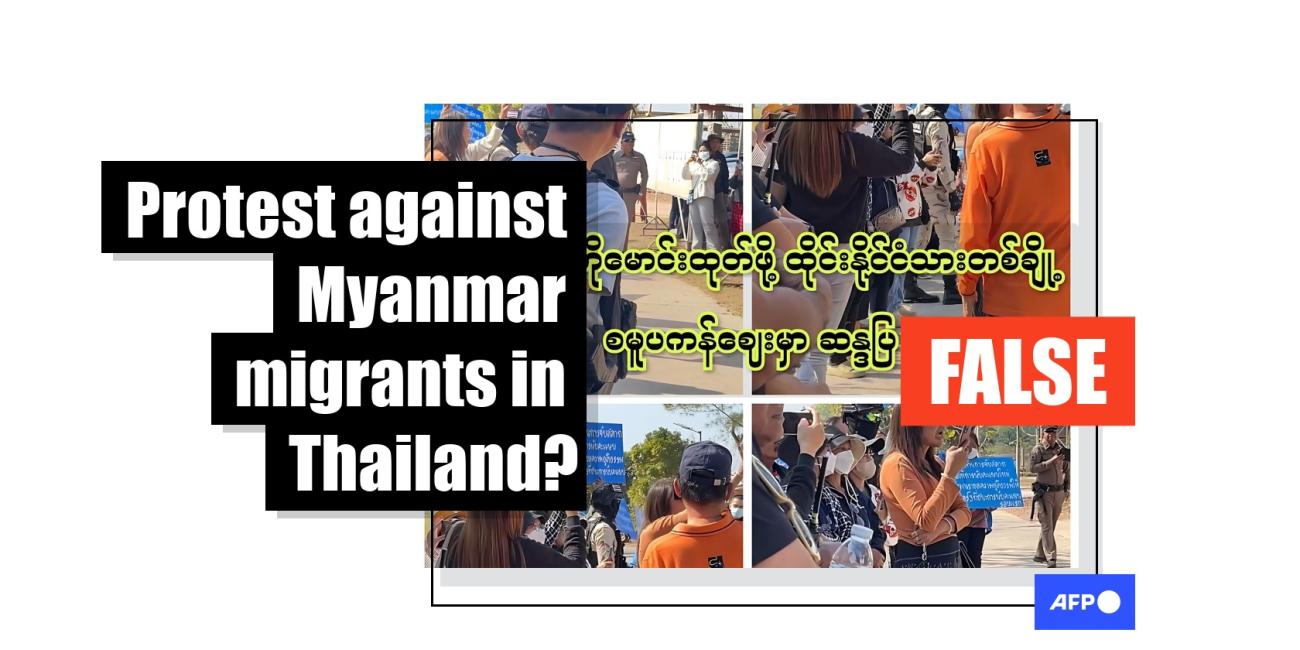
No evidence of mandatory face scans for Canadians at US border
- Published on May 30, 2025 at 22:53
- 3 min read
- By Gwen Roley, AFP Canada
"Facial recognition checks now mandatory for Canadians entering the U.S. by car," reads the text inside a May 19, 2025 Facebook photo.
The caption accompanying the image, which was also shared on TikTok, claims new border screening procedures would include photographing travelers for the purposes of verifying their identification documents. Separate posts spread similar claims about required facial recognition scans for Canadians at land border crossings on Facebook and Instagram.

With an emphasis on immigration enforcement, the first months of Donald Trump's second presidency have been marked by concerns of potentially unlawful deportations and moves to scrap the longstanding birthright citizenship policy. The president's occupation with border security precipitated trade tensions with Canada, after he alleged his country's northern neighbor fails to stop the dangerous drug fentanyl and undocumented migrants from reaching the United States.
The changing relationship between the two countries already led to misleading claims about commerce and travel, and the rumor that Canadians would now be subjected to mandatory facial recognition scans are similarly inaccurate.
Recent reporting from the tech magazine Wired found CBP was planning to photograph every traveler entering and exiting the United States in personal vehicles to match their face to their identification documents (archived here and here).
According to the CBP website, biometric data collection, which can include face scans and fingerprinting, is currently in testing for entries by vehicles at border crossings into Buffalo, New York and Brownsville, Texas (archived here and here).
Publications from the CBP about the Buffalo and Brownsville crossings, as well as a report on a testing period for the technology at entry points into Arizona and Texas, said the system would attempt to take photos of each occupant of a vehicle entering through certain marked lanes but that travelers may still opt out of the data collection by crossing the border through different gates (archived here, here and here).

Expanding biometric collection
A CBP spokesman told AFP in a May 27 email that the collection of biometric data "helps track overstays" and is not a new process. Facial recognition scans already exist at US airports, seaports and for pedestrian crossing the US-Canada border (archived here).
Len Saunders, an immigration lawyer practicing in Blaine, Washington close to the border with British Columbia (archived here), said he had seen travelers prompted to take face scans at nearby crossings when entering on foot, but not by car.
He also remained skeptical on how such technology could be deployed to efficiently detect facial images of people inside vehicles, due to greater logistical challenges than directly scanning faces of air travelers and pedestrians.
"Are they going to hold up a camera and take everyone's picture? Well, if they do that it's going to delay the whole process," Saunders said.
Wired reported the system testing was still turning out errors and that CBP was calling for pitches from tech companies for tools which could scan the faces of people inside vehicles.
US citizens have the option to refuse scans at pedestrian land and air entry points (archived here).
The fact-checking organization Snopes reported Canadian and Bermudian passport holders travelling to the United States for tourism are not required to provide biometric data.
The Government of Canada's online travel advice states most Canadian citizens entering the United States are exempt from biometric collection except those who require a visa or documentation of their arrival and exit dates (archived here).
While most foreign nationals must provide fingerprints under a new registration policy (archived here) for stays in the United States longer than 30 days, the Department of Homeland Security clarified this requirement is waived for "Canadian nonimmigrants" (archived here and here).
For Saunders, new facial recognition procedures do not necessarily raise privacy concerns as travelers already consent to screening when they cross a border, but he said the addition of data collection categories could be "a slippery slope."
Read more AFP's reporting on misinformation and disinformation in Canada here.
Copyright © AFP 2017-2026. Any commercial use of this content requires a subscription. Click here to find out more.
Is there content that you would like AFP to fact-check? Get in touch.
Contact us




